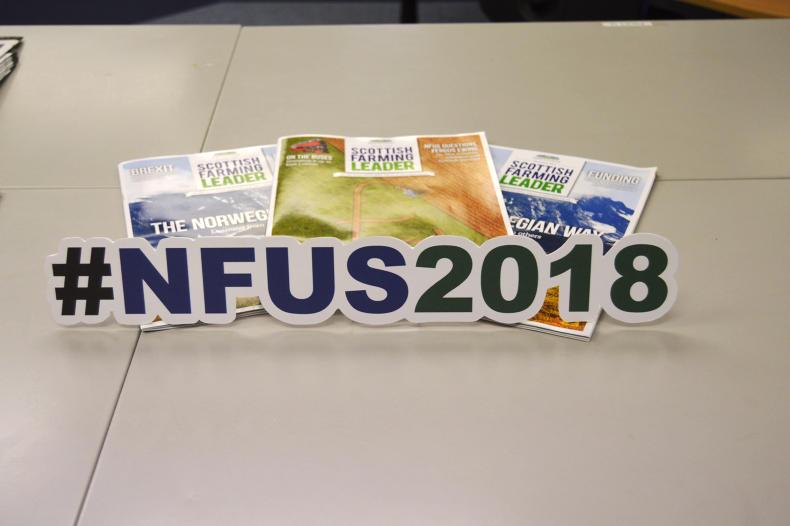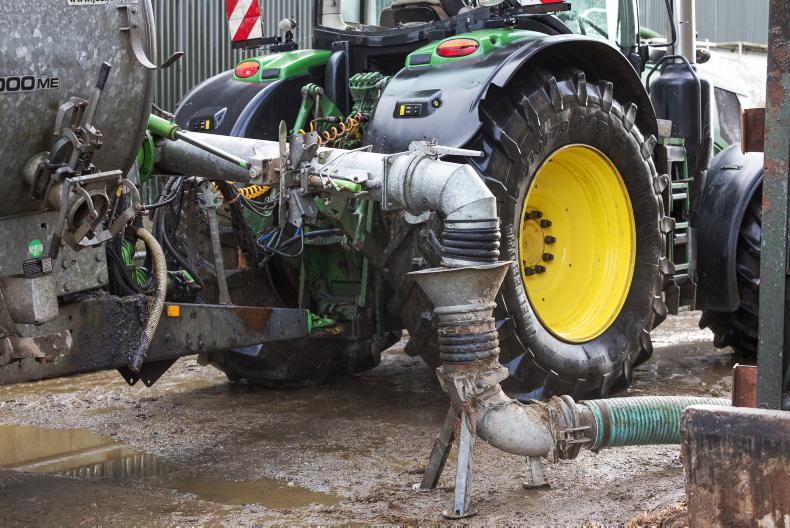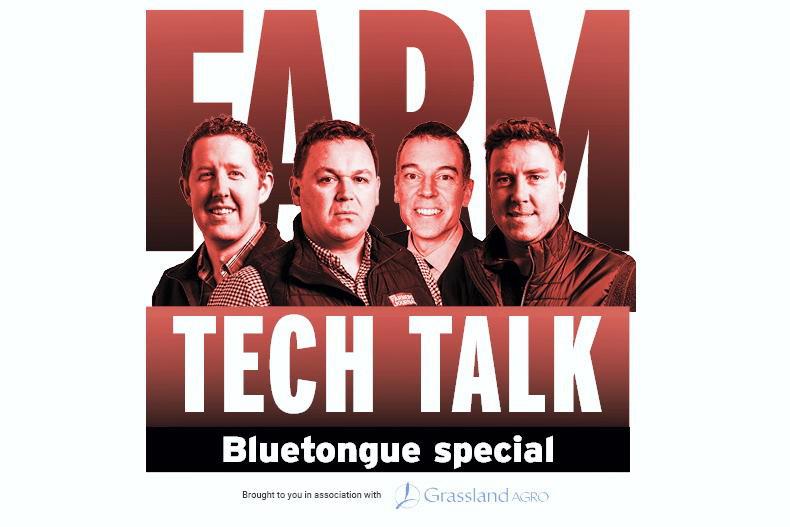News that QMS are considering the introduction of DNA to enhance traceability has divided opinion in the industry. On one level, the PGI registered Scotch beef brand is one of the most valuable in Europe and anything that enhances the integrity of that brand is for the greater good of the industry. The alternative argument is that introduction of DNA capture adds an unnecessary cost to farmers and the present system of traceability is already one of the best in the world and doesn’t require enhancement.
The current proposal looks at taking the sample from the carcase in the abattoir. This should not be too expensive per animal and cheaper than the tissue sample captured as part of the BVD eradication programme. The cost of a tissue sampling tag for the BVD programme is €2.95 (£2.56) and paid by farmers.
The real cost of using DNA sampling is in testing. The idea is to capture the DNA of everything but test a specific number of samples that is sufficient to be representative. In Ireland there is a Beef Data and Genomics Programme (BDGP) which collects a tissue sample of which a percentage are tested at a cost of €22 each (£19.14).
NFUS part of food supply manifesto
NFUS joined with over 100 players in the UK food and drink industry to produce a post-Brexit manifesto for the industry which employs 3.8 million people and is worth £112bn to the economy.
The organisations which represent the entire cross section of the supply chain have outlined a common view of what the objectives for the UK Government should be post Brexit.
More of the same
The manifesto lays out the three objectives the UK government should pursue as it negotiated withdrawal, creates a future trading relationship with the EU and creation of domestic policies. It asks the government to maintain free and frictionless trade with the EU and maintain the benefits of existing EU preferential trade agreements.
The issue of labour features prominently and this impacts hugely on the wider processing industry throughout the UK and farming, particularly in the harvesting process for fruit where seasonal labour has traditionally featured. There is also a demand for promotion of food production through agricultural policy and maintain environmental, animal health and welfare standards.
Regulation challenge
On regulation the manifesto is asking that it is “efficient and proportionate” and ties this in with the demand that UK regulations do not diverge from those of our key trading partners in a way that prevents frictionless trade.
In other words, that means with the EU who are the main trading partners of the UK, taking 60% of UK exports and supplying 70% of the UK’s imports in food and drink.
Innovation and domestic policy
The manifesto accepts the challenge that has been put forward by Government in the past about the need to innovate and automate, reducing in the process the requirement for seasonal labour.
However it warns that while there is a role for the industry in improving productivity, competitiveness and driving growth, there will be an ongoing requirement for access to seasonal labour.
The agreement of Government to continue its funding for the duration of this parliament is welcomed and suggest that in the longer term that the level of investment in agriculture should be maintained to support productive, innovative and sustainable agriculture.
Brexit debate
As the range of contributors is so diverse it means that the manifesto is focused on the broad objectives rather than the specific how they might be delivered.
As well as the NFU and their sister organisations, the British Meat Processors Association who represent meat factories and a range of other industry lobby organisations are signed up to the manifesto.
What is evident from the overall tone and content of the report is that there is a huge desire to achieve as close to the status quo as possible after Brexit.
How exactly this can be achieved in the wider Brexit negotiation remains to be seen as much depends on how willing the EU negotiators are to facilitate this position.
Brexit negotiations have struggled over the past couple of weeks with Brussels briefing against the UK and the Government still undecided internally on the type of Brexit it is going to pursue. There will be a June council of heads of state where progress was expected on the outstanding issues for the UK withdrawal but much remains to be done between now and then.










SHARING OPTIONS